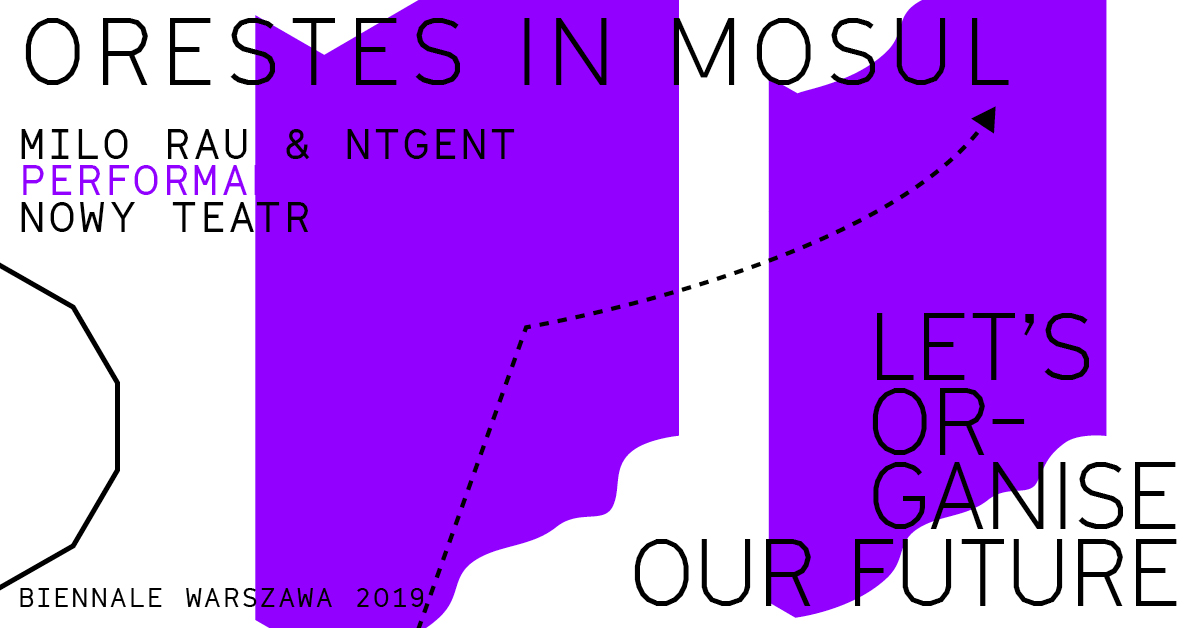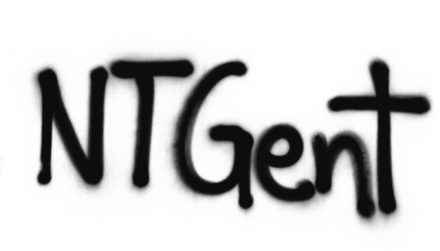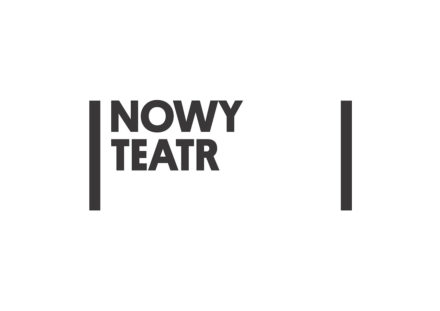Orestes in Mosul
Director: Milo Rau

The Oresteia is not only the one single trilogy that has come down to us from classical antiquity and one of mankind’s greatest tragedies, but it also represents the myth of the foundation of civilisation, whereby the principle of the blood feud, the never-ending cycle of revenge, an eye for an eye, was replaced by the principles of justice, integration and reconciliation. Milo Rau will stage this tragedy with a mixed ensemble of European and Iraqi actors. The process includes research and activities in Mosul, where the Jihadi caliphate of ISIS was declared in 2014.
Milo Rau had the idea of staging a present-day version of Aeschylus’ Oresteia while he was conducting research for his play EMPIRE (2016) in northern Iraq on the frontline facing ISIS. ‘It is as if you were in a television scene and in a classical epic at the same time,’ as Rau puts it. How is it possible to stop the never-ending chain of violence in which the parties of the Syrian-Iraqi civil war and their Western allies find themselves?
In the first two parts of Aeschylus’ Oresteia there appears to be no way out: death has a domino effect – Orestes is pursued by the goddesses of vengeance after he murders his mother Clytemnestra and her lover Aegisthus. He did this out of revenge because the two of them killed Orestes’ father, Agamemnon (and his mistress Cassandra). For her part, Clytemnestra murders her husband Agamemnon out of revenge because he sacrificed their daughter Iphigeneia to the wind to go to war with Troy. The only one who can stop this violence is Athena: she calms down the goddesses of vengeance by allotting them a place in society. Where hate has not helped, the loving embrace now succeeds.
Milo Rau retains the ancient grandeur of the tragedy, but links it to present-day issues. What does it mean: being “civilized” in a globalized world? What is, on a general level, the relation of the so-called West and the regions in the Middle East that is fuelling our oil-based economy? What is the responsibility of artists in doing international projects? What can, what should be done in the wide field between colonialism and ignorance? What can be a revisited ORESTEIA for today?
Creators
Cast: Duraid Abbas Ghaieb, Susana AbdulMajid, Elsie de Brauw, Risto Kübar, Johan Leysen, Bert Luppes, Marijke Pinoy
On video:
Actors: Baraa Ali, Khitam Idress, Khalid Rawi
Musicians: Suleik Salim Al-Khabbaz, Saif Al-Taee, Firas Atraqchi, Nabeel Atraqchi, Zaidun Haitham, Rabee Nameer
Chorus: Ahmed Abdul Razzaq Hussein, Hatal Al-Hianey, Younis Anad Gabori, Mustafa Dargham, Abdallah Nawfal, Mohamed, Saalim Rayan, Shihab Ahmed, Hassan Taha
Text: Milo Rau & ensemble
based on: the Oresteia by Aeschylus
Direction: Milo Rau
Dramaturgy: Stefan Bläske
Set: ruimtevaarders
Costume design: An De Mol
Light design: Dennis Diels
Film: Daniel Demoustier, Moritz von Dungern
Film editing: Joris Vertenten
Musical arrangement & composition: Saskia Venegas Aernauts
Direction assistance: Katelijne Laevens
Production manager: Noemi Suarez Sanchez
Stage manager: Marijn Vlaeminck
Technical production: Oliver Houttekiet
Sound: Dimitri Devos
Video technician: Stijn Pauwels
Licht technician: Dennis Diels, Geert de Rodder
Stage technician: Jeroen Vanhoutte
Dresser: Nancy Colman, Micheline D’hertoge
Dramaturgy assistant: Eline Banken
Second directing assistant: Bo Alfaro Decreton
Intern dramaturgy: Liam Rees
Creation subtitles: Eline Banken
Production: NTGent & Schauspielhaus Bochum
Co-production: Tandem Arras Douai
With the support of Belgian Tax Shelter & Romaeuropa Festival
Information
| Data | Czas | Tytuł | Miejsce | Wstęp |
|---|---|---|---|---|
|
June 23 2019
, 20:00
Sunday
|
20:00 |
Orestes in Mosulwith English subtitles
|
Nowy Teatr |

